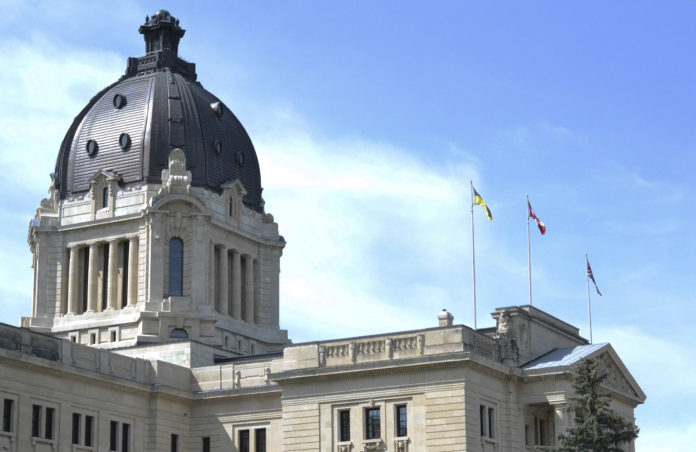The rise in COVID-19 cases and awareness has also led to an increase in scams playing on people’s desperation and fear.
According to the Better Business Bureau (BBB), almost half of all COVID-19 scams end up separating someone from their money.
The BBB said in a media release Monday that internationally, residents aged 35-54 are the most susceptible, with 54 per cent of those exposed losing money due to the scams. People aged 18-34 are the next most susceptible at 40 per cent, and those 55 and older the least at 35 per cent.
Women are more susceptible than men, with 47 per cent who reported coronavirus scams on the BBB scam tracker in march losing money, while only 31 per cent of men who reported coronavirus scams using the scam tracker falling victim.
The top means of contacting someone is through a website, with emails and social media falling in second and third. Of the scams were people lost money, 39 were masks scams, 18 were stimulus, grants and loans and nine were employment.
Of all scams reported in March, nine per cent were COVID-19-related. Of those, 41 per cent reported losing money,, with the median amount lost sitting at $80.
BBB said it has received several reports of people receiving emails and messages claiming that they can buy products the government is keeping secret, such as ways to prevent or cure coronavirus. It’s important to note that no vaccine currently exists. Others are people claiming to sell masks who take money, but the product never arrives. Others involve low-quality masks shipped in the place of high-quality, high-cost masks, often through websites designed for that purpose.
Other scams involve people posing as the government or as the CRA and asking you to pay a fee or click on their link and enter personal information to access your benefits.
Only go through the official CRA myaccount portal or call or email the CRA directly. Other links or emails are cleverly-designed scams designed to steal your identity. The government won’t be asking for upfront fees to get your benefits faster. That’s the work of a scammer.
The third form of popular COVID-scam is a twist on the employment scam.
Fraudsters take advantage of people looking to work remotely by charging you upfront for “training”. You may need to provide your personal and banking information to run a credit check. You might be overpaid accidentally with a fake check and asked to deposit it and wire back the difference. Or, you’re asked to buy expensive equipment and supplies to work from home. This is the work of scammers.
BBB also warns of price gouging — one of the issues with buying face masks online. Don’t go through unfamiliar online shops. Use trusted online sellers and local stores.
If you do spot an instance of price gouging online or in person, the province has a hotline set up.
“During this unprecedented time it is simply unacceptable to be price gouging,” Justice Minister and Attorney General Don Morgan said in a press release.
“Businesses or individuals in Saskatchewan found price gouging will face stiff penalties and possibly jail time. It is essential that we look out for each other and this government will protect residents of Saskatchewan from exploitation when they are trying to protect their families.”
Consumers that observe price gouging either in advertisements or before, during, or after a transaction are encouraged to do one or more of the following:
1. Call FCAA’s consumer protection tip hotline at 1-877-880-5550 to provide information.
2. File a tip through FCAA’s website at https://fcaa.gov.sk.ca/consumers-investors-pension-plan-members/consumers/consumers-of-goods-and-services/combatting-grossly-excessive-prices.
3. File a formal complaint using the FCAA complaint portal at https://fcaa.saskatchewan.ca/apex/f?p=200:RUN:0::::PRUN_PROC_ID:12589&cs=17E037060D51B5ACC686E7CC6BF0E21D6
4. If possible, register a complaint with the supplier.
Consumers can also register an on-line complaint with the Better Business Bureau (BBB) at https://www.bbb.org/consumer-complaints/.
Consumers should keep all receipts, contracts and advertisements that help demonstrate that price gouging is occurring or has occurred during the period of crisis or emergency.


